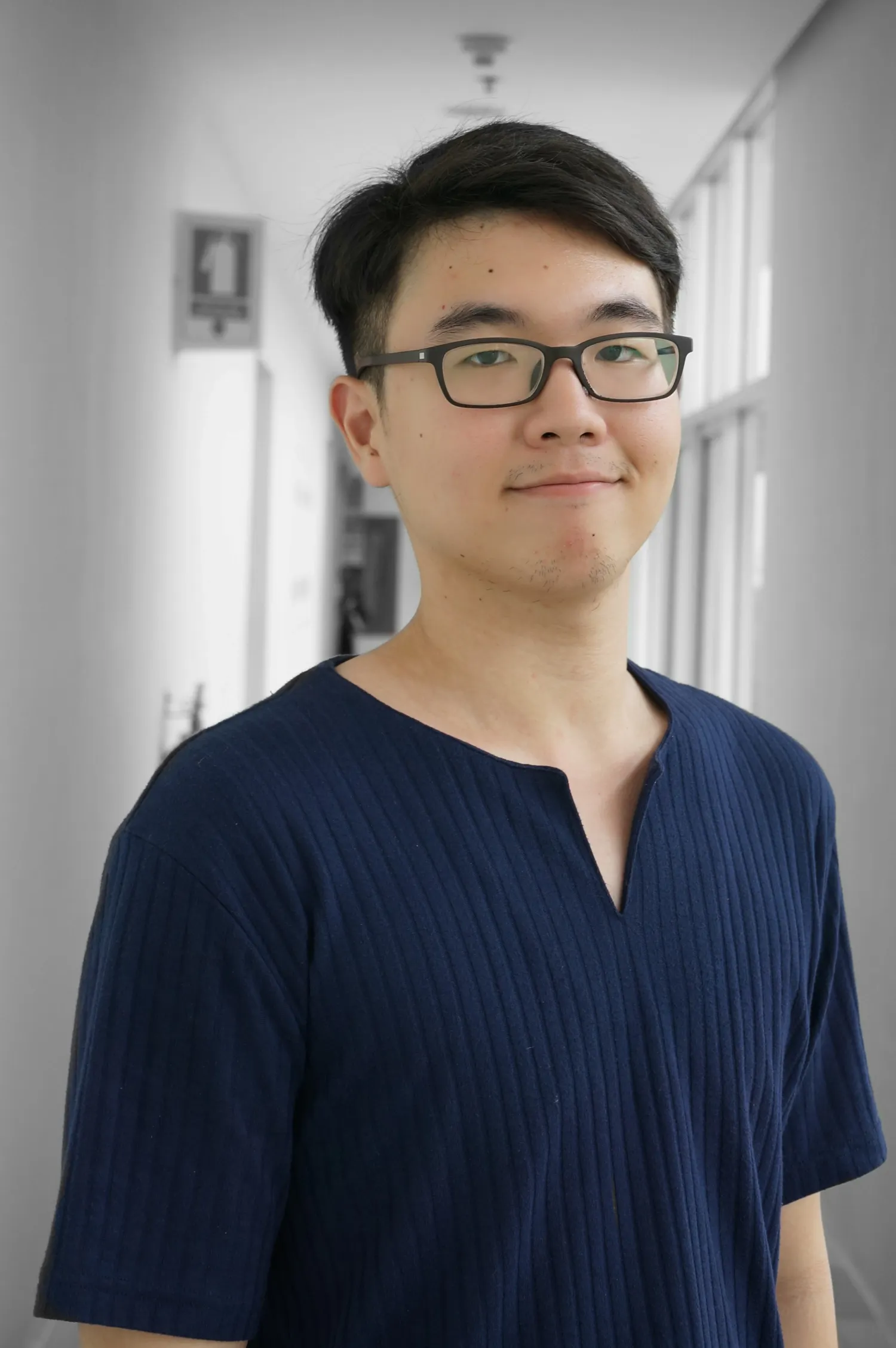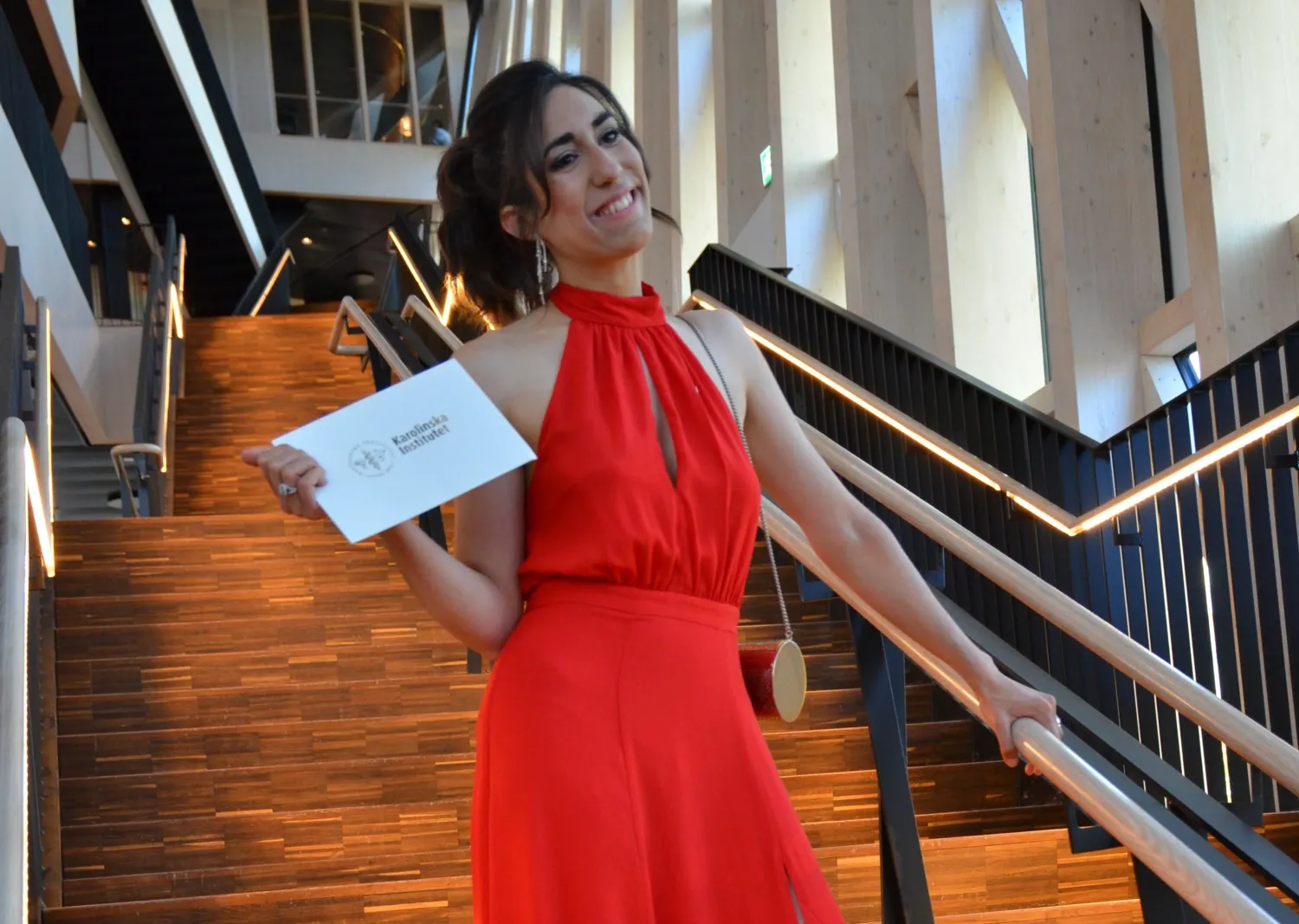About the programme
This programme is offered jointly by Karolinska Institutet, KTH and Stockholm University at the Science for Life Laboratory in Stockholm.
You will learn from a team of teachers who are internationally recognised researchers in their respective disciplines to ensure a relevant curriculum at the research forefront.
There is a strong focus on high-throughput biology and analysis of big data, including biostatistics, programming, and the translation of biological findings from the lab bench to the patient bedside.
The programme also develops skills and abilities essential to a professional career. These include oral and written presentation, and how to make ethical and societal considerations about life science-related issues, all of which are essential competencies when leading projects in academia and industry.
The first year includes advanced level courses in genetics and genomics, translational medicine, applied communication, and molecular life science methods, as well as the foundations of biostatistics, programming, bioinformatics, and comparative genomics.
The courses during the first year are offered by Karolinska Institutet in the autumn semester and Stockholm University in the spring semester.
The second year has mandatory courses in applied gene technology with bioinformatics analysis of large-scale data and applied proteomics. The second half of the autumn semester offers three courses, of which the student should select two: systems biology, drug development, and a project course.
The courses during the autumn semester are offered by KTH Royal Institute of Technology. You will conduct an individual degree project in the spring semester.









